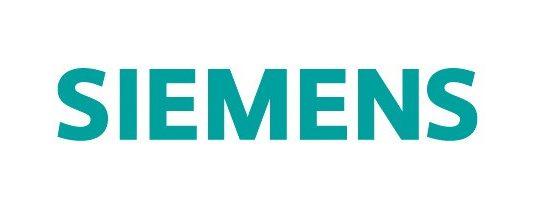
Another multinational company, Siemens, has made a strategic commitment to developing products and services for bottom-of-the-pyramid markets. In India, Siemens is establishing six new factories to develop innovative products designed for low-income populations. Identified as the segment with strongest growth, the bottom-of-the-pyramid offers a market size of 21 billion Euros for low-cost, high-innovation products.
German multinational Siemens has seen hundred per cent growth in the order book of its low-cost high innovation engineering solutions in 2010-11. The company is making a big push to consolidate its presence in India by setting up six factories to manufacture the innovative products this year.
For the past two years, Siemens has been driving the strategy of innovating with low-cost products to compete effectively with local manufacturers. This has also helped it to increase sales. Although profits were stagnant at Rs 155 crore in the quarter ended June, sales increased by 24 per cent to Rs 2,796 crore.
So far, Siemens has launched 13 products labelled as SMART (simple, maintenance-friendly, affordable, reliable and timely to market) including medium- and high-voltage circuit-breakers, steam turbines, signalling system for railways, baggage conveyer belt, x-ray machine, amongst others. “The contribution from SMART, which was less than five per cent in 2010, has doubled to 10 per cent of new orders in the financial year 2010-11,” a Siemens spokesperson said in an email response. From nine months till July (company follows October-September as its financial year), Siemens had an order book of Rs 9,615 crore in 2011 and 10 per cent of that makes nearly Rs 900 crore.
“The segment with the strongest growth is the base level or the bottom of pyramid segment which is 70 per cent of the total market. Products in this segment are vital for Indian market and also for company growth. The addressable market size for SMART products in India is about 21 billion euros,” the spokesperson said, adding the company is investing Rs 1,600 crore by 2012 to set up six factories in Vadodara, Chennai and Goa for producing SMART products. The company will be launching 20 SMART products this financial year. Last year, it earned about Rs 600 crore in revenues from SMART products. It hopes to garner Rs 6,000 crore by 2020 from these products.
“Our bottom-of-the-pyramid strategy is on track,” Siemens managing director Armin Bruck said following the June results.
Globally, the company’s industrial and energy sectors contribute over 80 per cent of its revenue and about 16 per cent comes from the health care sector.
In India, too, industrial and energy sectors account for over 85 per cent of the income. Indian operations constitute 2.6 per cent of Siemens’ global revenues.
“Over the past few years, India’s contribution to our global revenues has been steadily rising. The country is in a fast-growing mode. We expect India to play an even larger role in our global operations in the future,” Siemens global president and CEO Peter Loescher said in a recent media interview.
http://business-standard.com/india/news/siemens-sees-growth-in-low-cost-products/453253/
